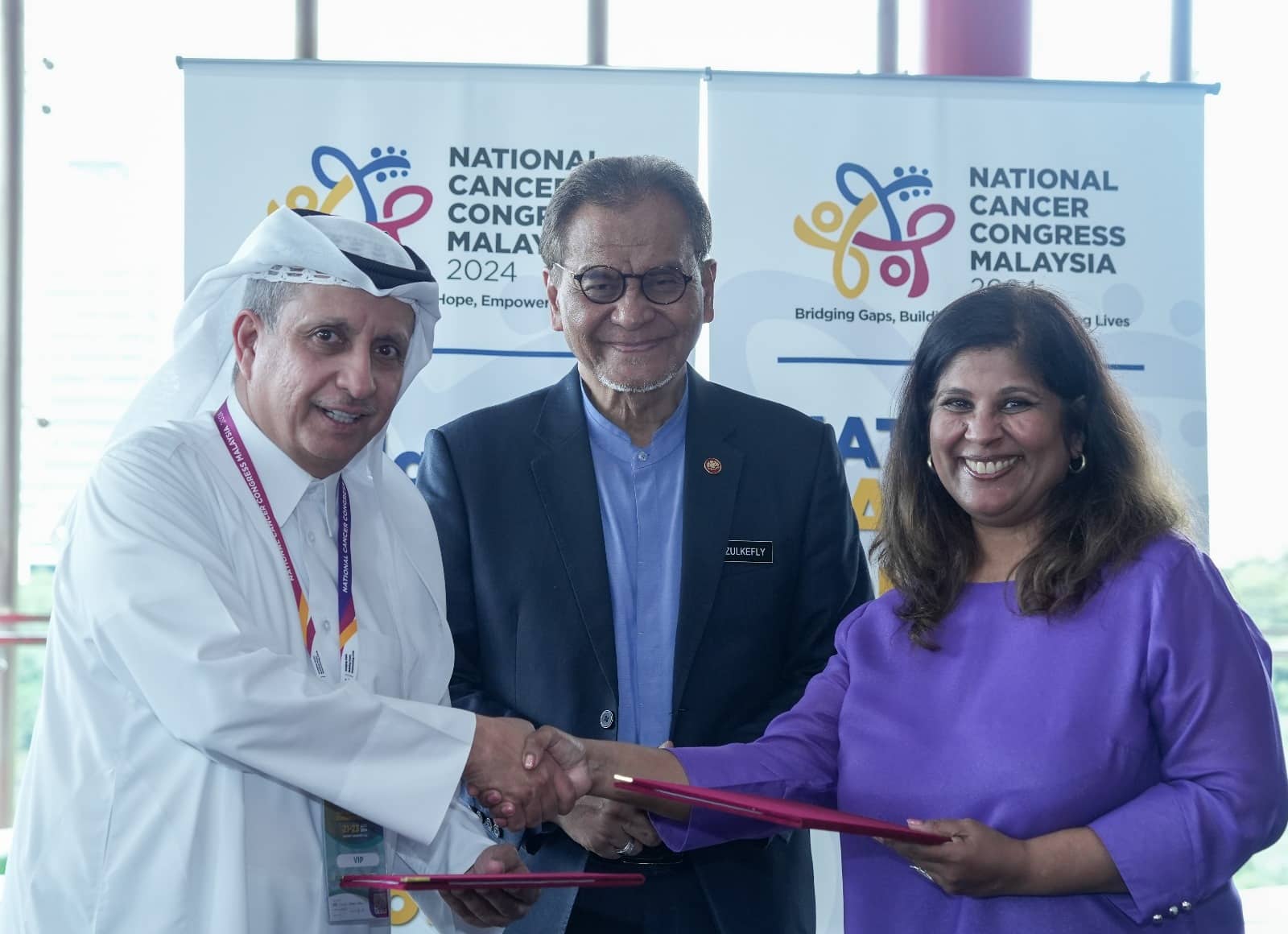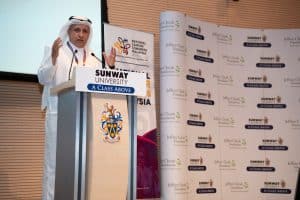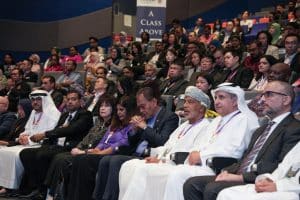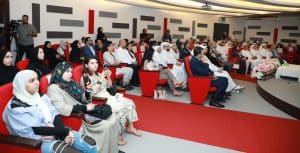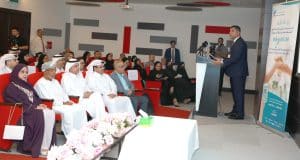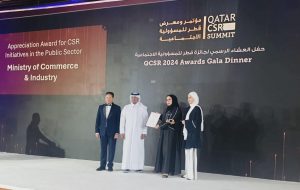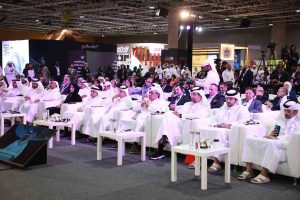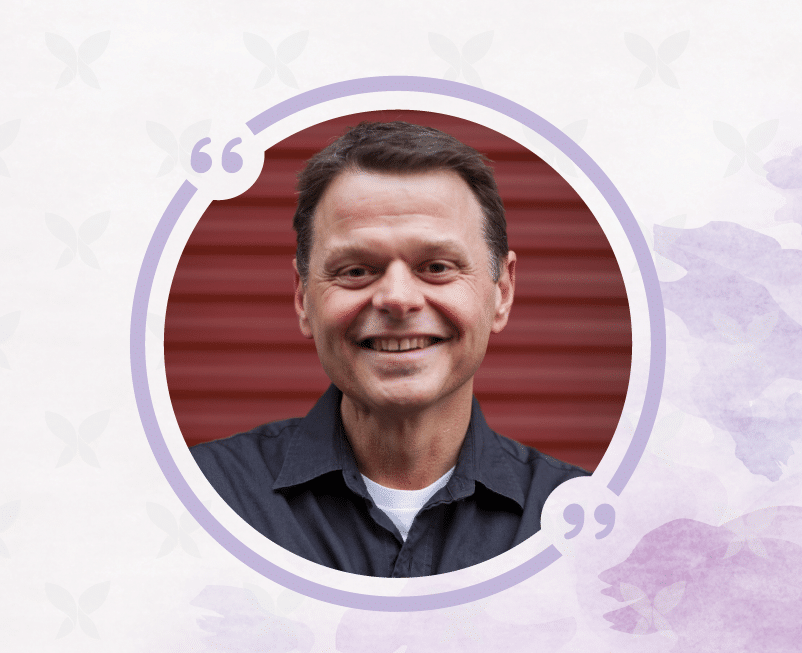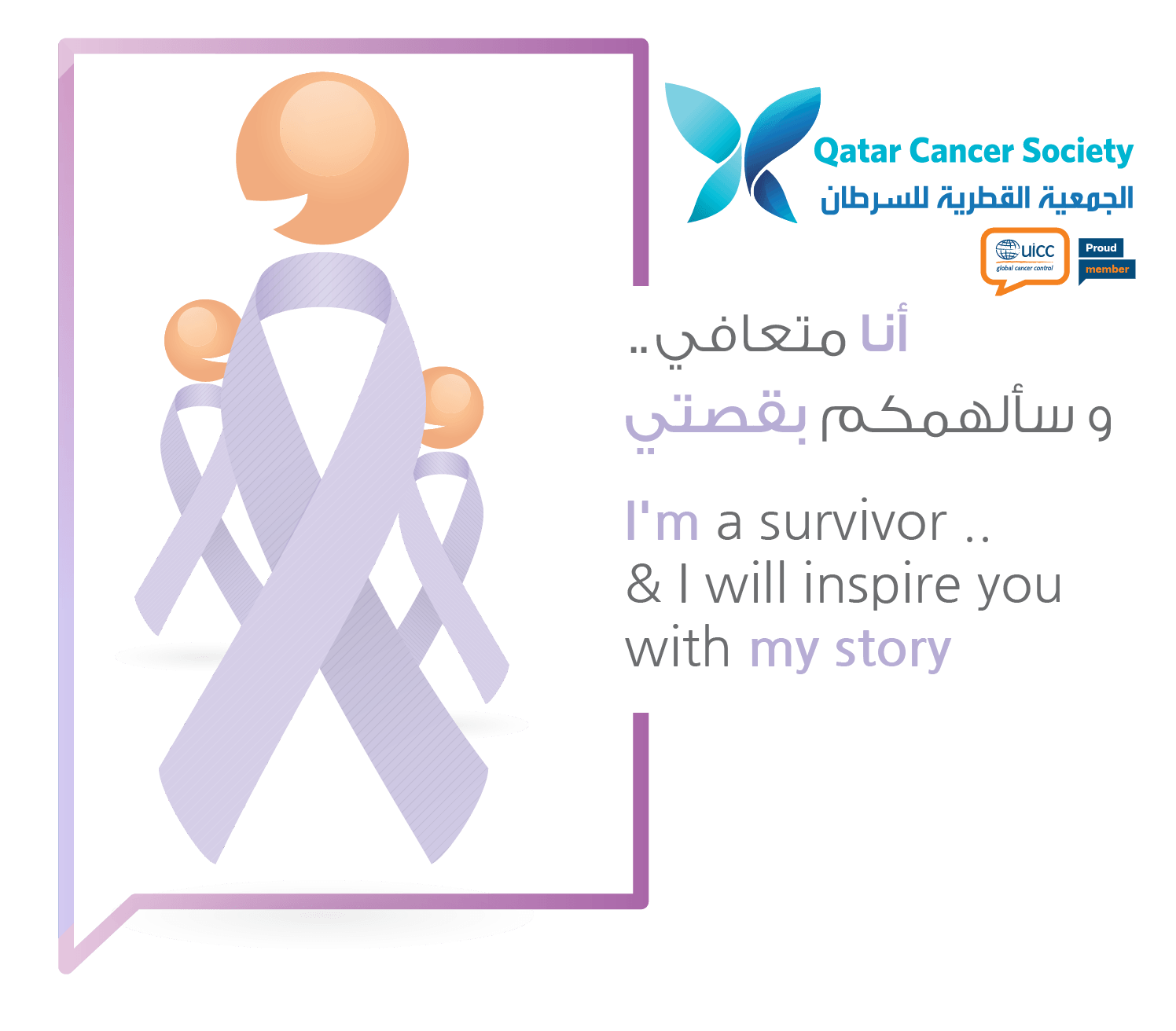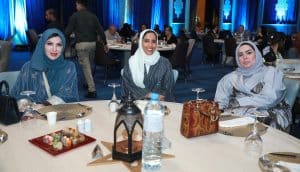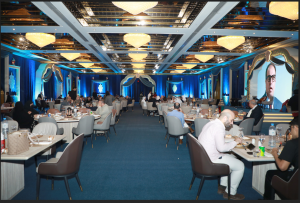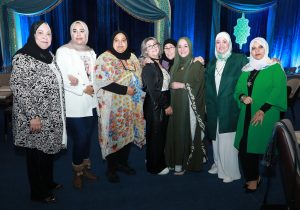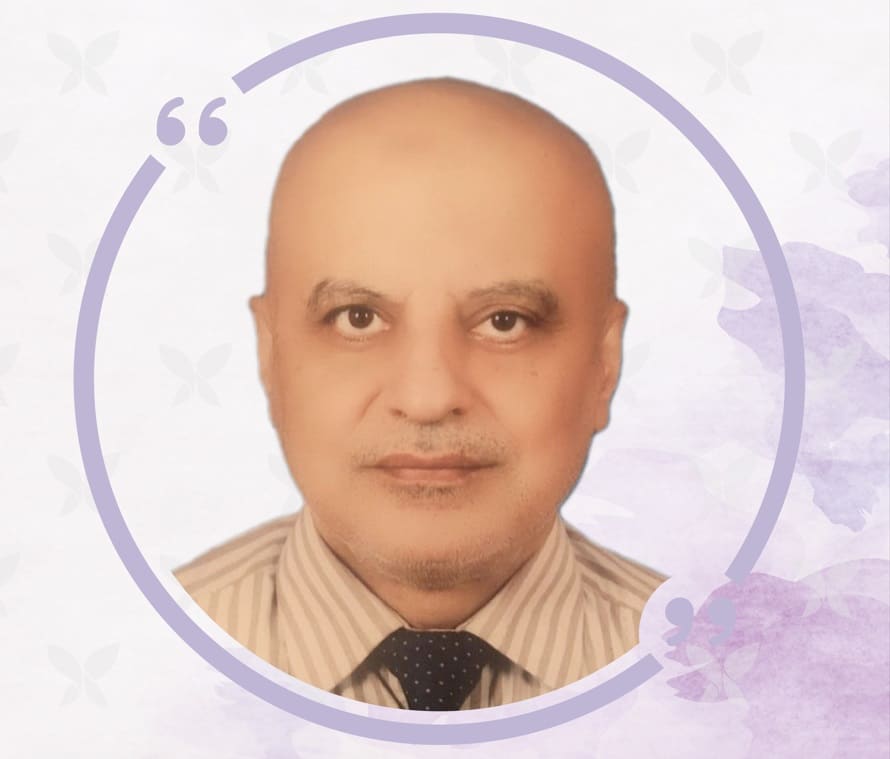Qatar Cancer Society and Qatar Museums Sign MoU for Cancer Awareness Collaboration
Qatar Cancer Society” QCS “ and Qatar Museums have signed a cooperation agreement to enhance collaboration between the two parties in cancer awareness and supporting people living with cancer emotionally and financially. The agreement includes integrating community-oriented awareness activities into the cultural and artistic events organized by Qatar Museums.
H.E. Sheikh Dr. Khalid bin Jabor Al-Thani, Chairman of Qatar Cancer Society, and Mr.Mohammed Saad Al Rumaihi, Chief Executive Officer of Qatar Museums, signed the agreement.
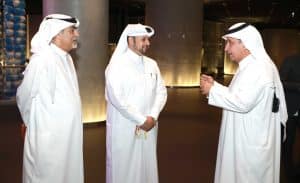
Under this memorandum, both parties will work to enhance awareness efforts by incorporating Qatar Cancer Society’s activities into museum events and exhibitions. Qatar Museums will support these efforts by providing community workshops and interactive activities, supporting cancer survivors emotionally and financially., illuminating buildings in solidarity with the Breast Cancer Awareness Campaign and World Cancer Day, and providing discount cards for cancer survivors.
H.E. Sheikh Dr. Khalid bin Jabor Al-Thani, Chairman of QCS, emphasized that the agreement reflects the commitment of both parties to raise community awareness about the importance of early detection and cancer prevention, as well as providing the necessary support for patients and their families. “We believe that integrating health awareness activities with cultural and artistic events will significantly contribute to spreading important health messages and reaching a wide segment of the community.”
H.E. explained that “the collaboration with Qatar Museums will enable us to offer workshops and awareness lectures within a unique cultural and artistic environment, making awareness messages more impactful. Additionally, Qatar Museums’ support for cancer survivors through dedicated activities and events reflects the spirit of cooperation and solidarity in the Qatari community.”
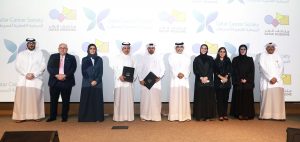
We look forward to achieving tangible results through this collaboration and always strive to build partnerships that enhance our efforts in combating cancer and providing the necessary support for patients and their families. We thank Qatar Museums for their support and commitment to this noble cause, and we look forward to more fruitful collaboration in the future. H.E. added.
Mr Mohammed Saad Al Rumaihi, Chief Executive Officer of Qatar Museums, emphasized: “Our collaboration with Qatar Cancer Society marks a significant step in utilizing cultural platforms to bolster community health initiatives. This partnership underscores our commitment to enriching lives through art and culture while advancing impactful societal causes. Together with Qatar Cancer Society, we strive to establish meaningful awareness and support frameworks that resonate profoundly within our community.”



